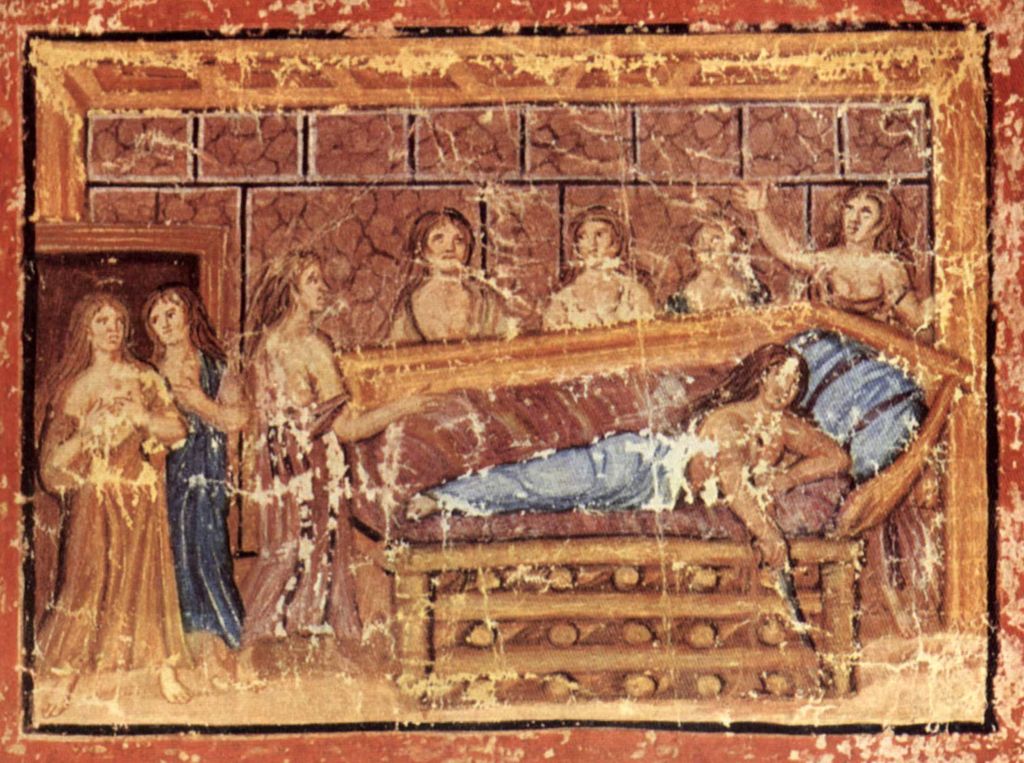According to Prof. Pat Johnson (in yesterday’s CC102 lecture), “any BU undergraduate could have found a better way to dump Dido than Aeneas did in Book IV of the Aeneid“:
She was the first to speak and charge Aeneas: “You even hope to keep me in the dark as to this outrage, did you, two-faced man, and slip away in silence? Can our love not hold you, can the pledge we gave not hold you, can Dido not, now sure to die in pain?” [etc. . . .] At length he answered: “As for myself… I never entered upon the pact of marriage… so please, no more of these appeals that set us both afire. I sail for Italy not of my own free will.” […] During all this she had been watching him with face averted, looking him up and down in silence, and she burst out raging now: “No goddess was your mother!… Liar and cheat!… You will pay for this… !” […] Duty bound, Aeneas, … though he sighed his heart out… went back to the fleet [to set sail for Italy and get the heck out of Dodge Carthage.]
— excerpted from pages 106-10 of the Fitzgerald translation
Why was Aeneas so clumsy? How could he have done it better?
Here’s the challenge. If you were Aeneas, how would you have dumped Dido? If you were Dido, would you have dumped him first? Submit your own suggestion to core@bu.edu (Subject: “Aeneid Exit Strategy”) by noon on Friday, March 23. The best suggestion will win a gift certificate to Barnes & Noble and prominent display on the Core webpages.
*
This illustration from the Vergilius Vaticanus (Vatican Library, Cod. Vat. lat. 3225) shows the death of Dido in Book IV. Below, in a clip from the film The Man Who Cried, Christina Ricci warbles her way through “When I Am Laid in Earth (Dido’s Lament)“, a song from adapted from Henry Purcell’s Dido and Aeneas. This Baroque opera is only one of many works which draw upon the Aeneid for characters, scenarios, and themes.

